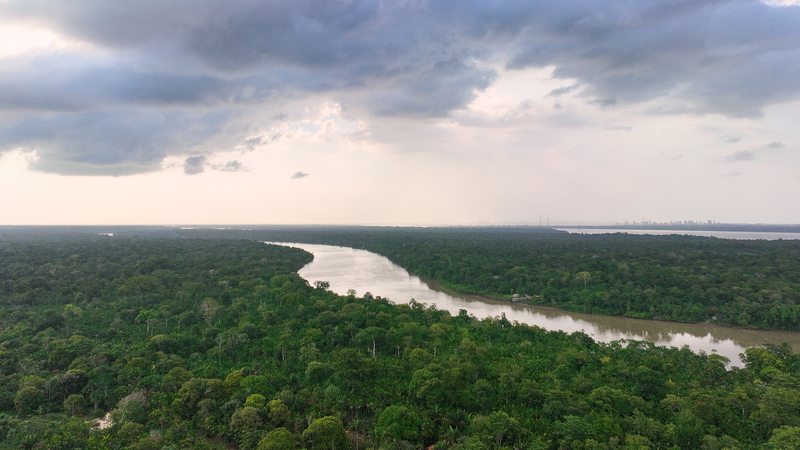According to the Belem Political Package adopted at COP30 in Brazil’s Belem earlier this month, finance, adaptation and international cooperation are now at the heart of the global effort to limit warming to 1.5 C. While the package marks a clear commitment, many implementation details remain to be worked out.
Key achievements include:
- Elevation of climate finance as a top priority in the political package
- New pledges to support adaptation measures in vulnerable regions
- Strengthened calls for multilateral cooperation to mobilize public and private funding
Despite this progress, significant challenges lie ahead:
- Translating broad pledges into predictable, long term finance streams for developing countries
- Aligning public budgets and private investments with the 1.5 C trajectory
- Detailing mechanisms for tracking and reporting on funding commitments
To bridge the gap between ambition and action, next steps should focus on establishing clear financial roadmaps, enhancing technical assistance, and leveraging multilateral development banks to de risk investments. Only by turning high level commitments into concrete funding can the world stay on track for the 1.5 C goal.
As nations prepare for upcoming climate talks, the spotlight will be on delivering on these promises and ensuring that finance flows match the scale of the challenge.
Reference(s):
Achievements and challenges on financing the 1.5 C trajectory at COP30
cgtn.com



